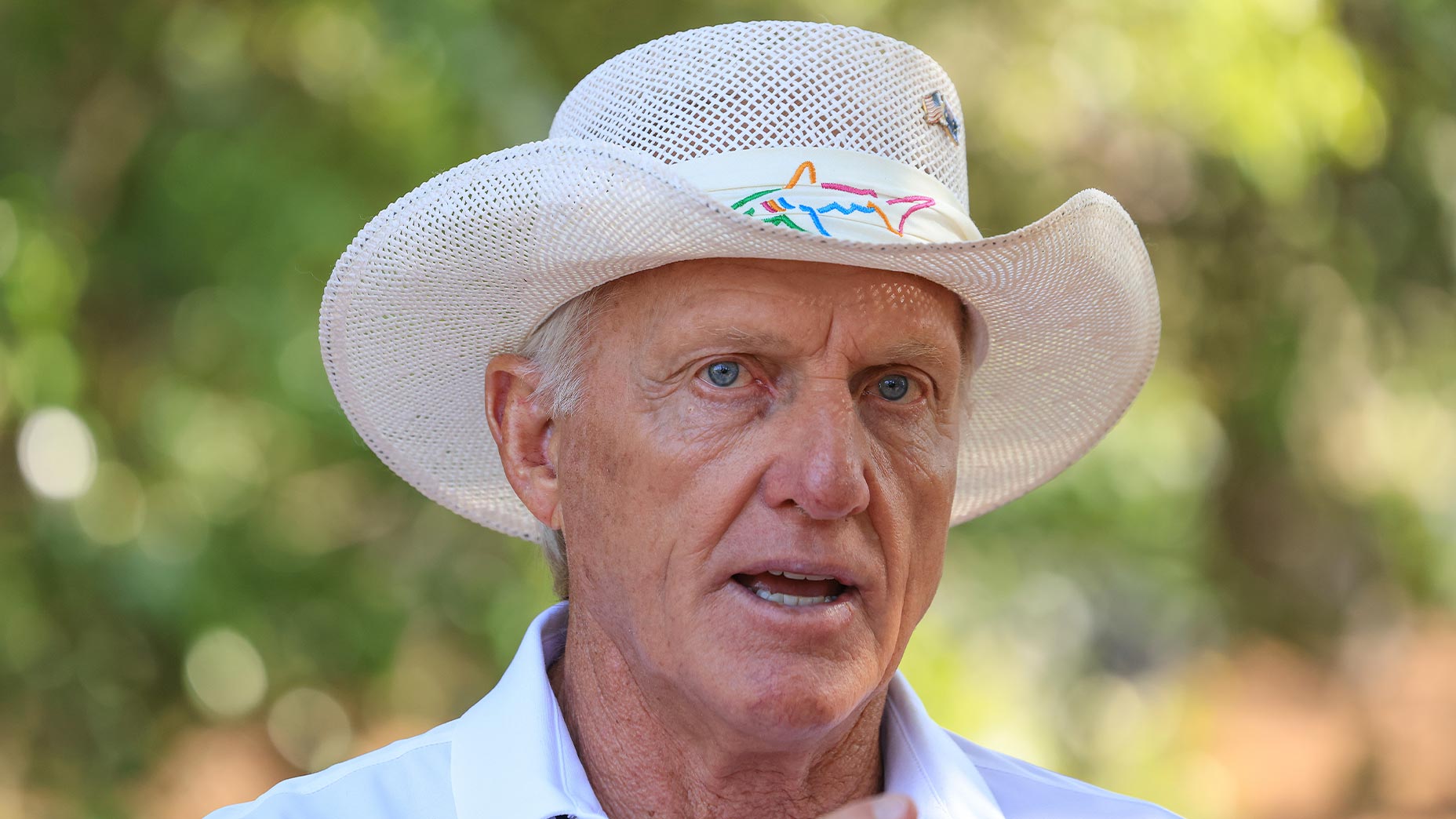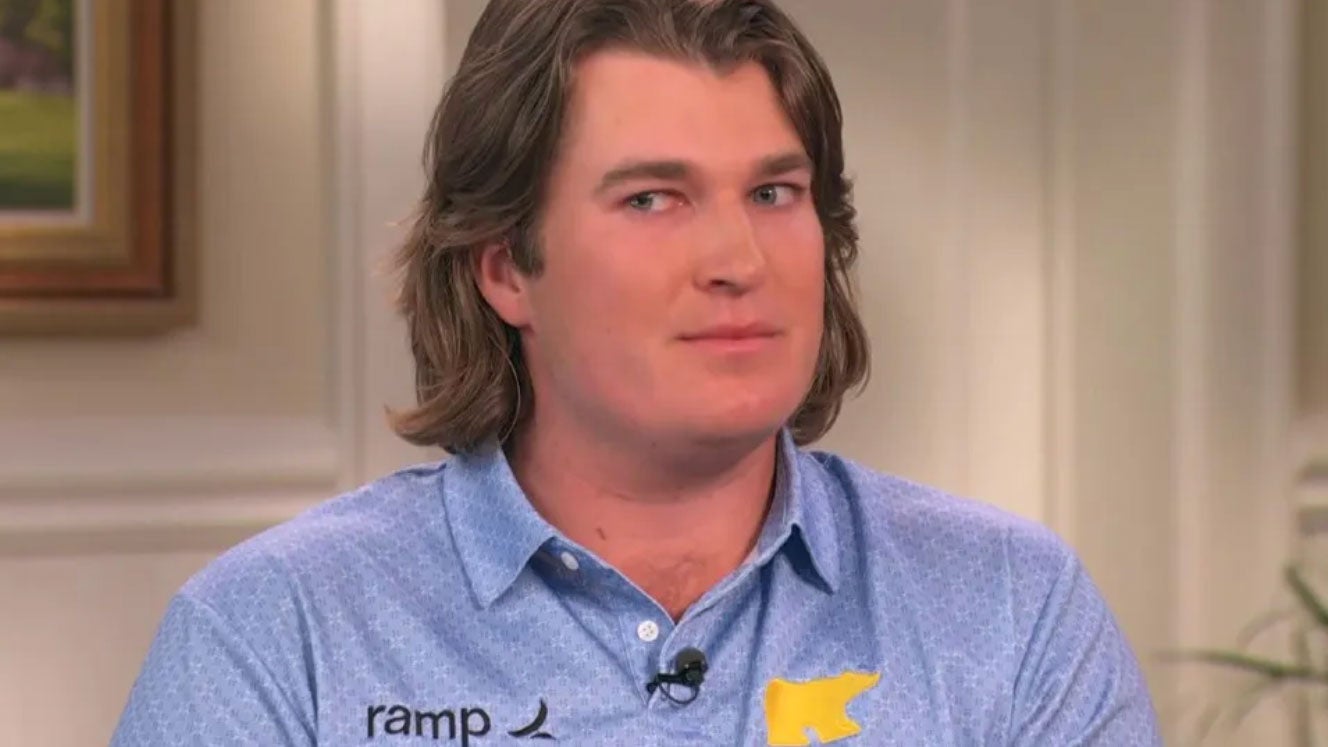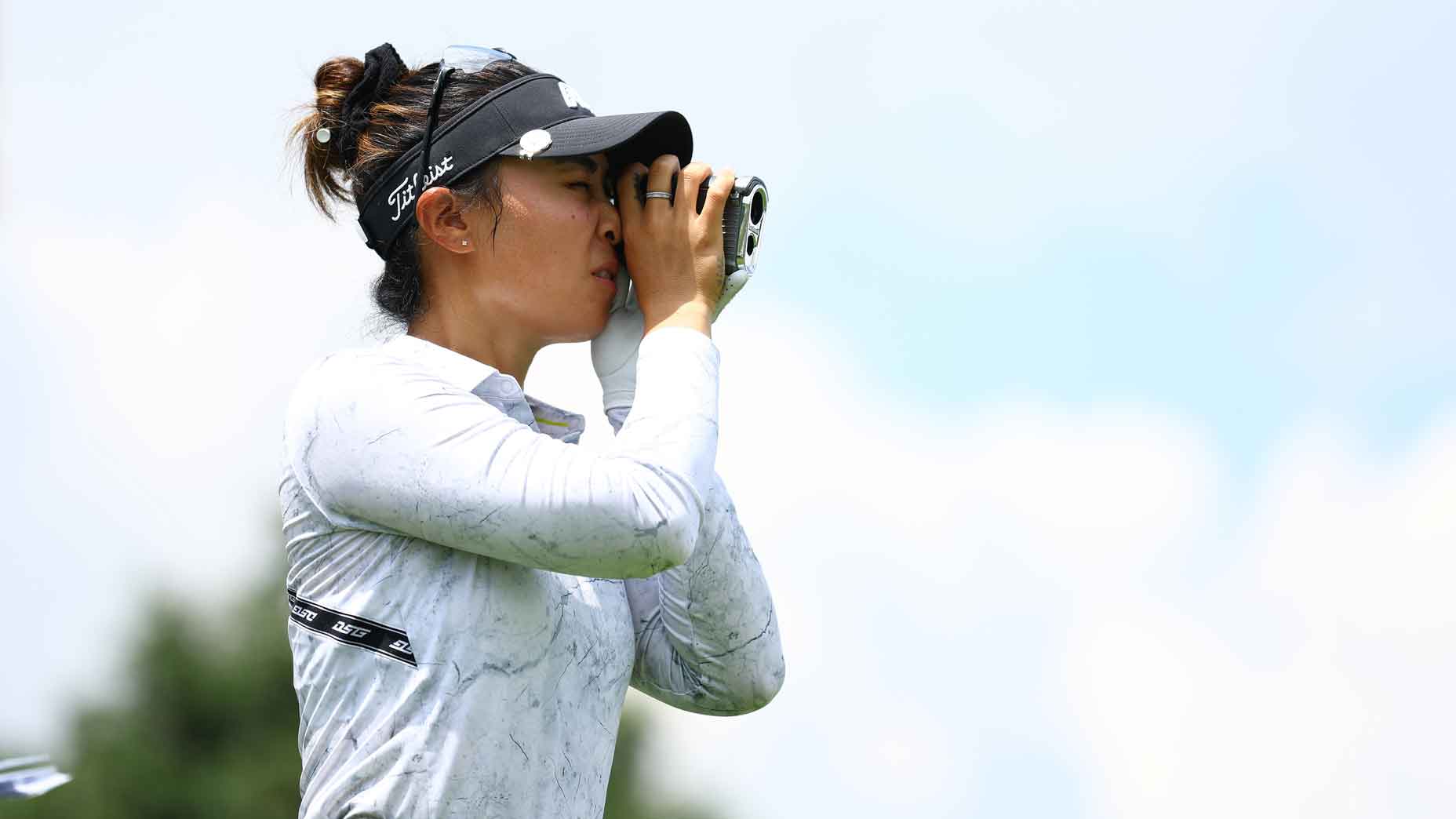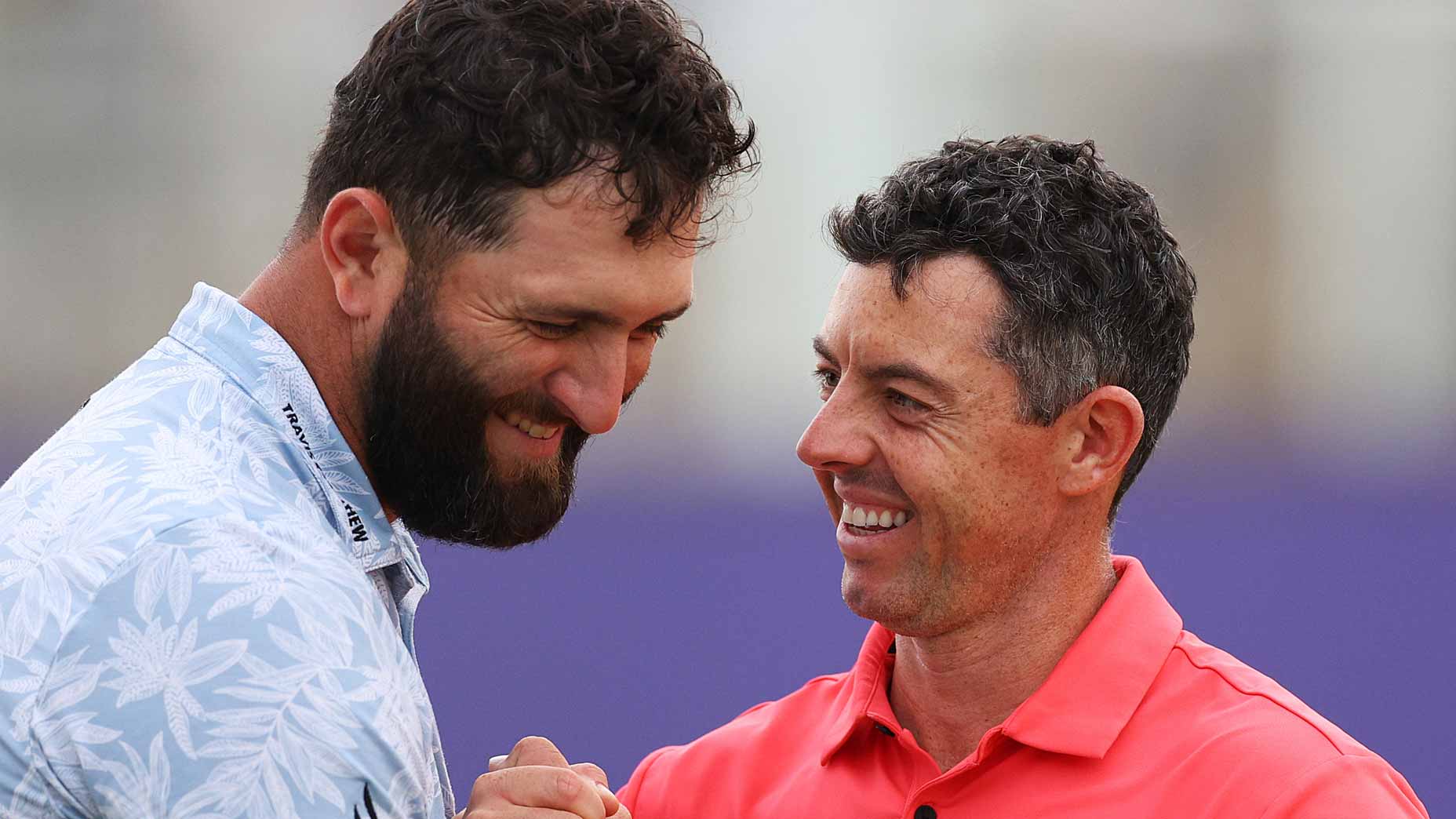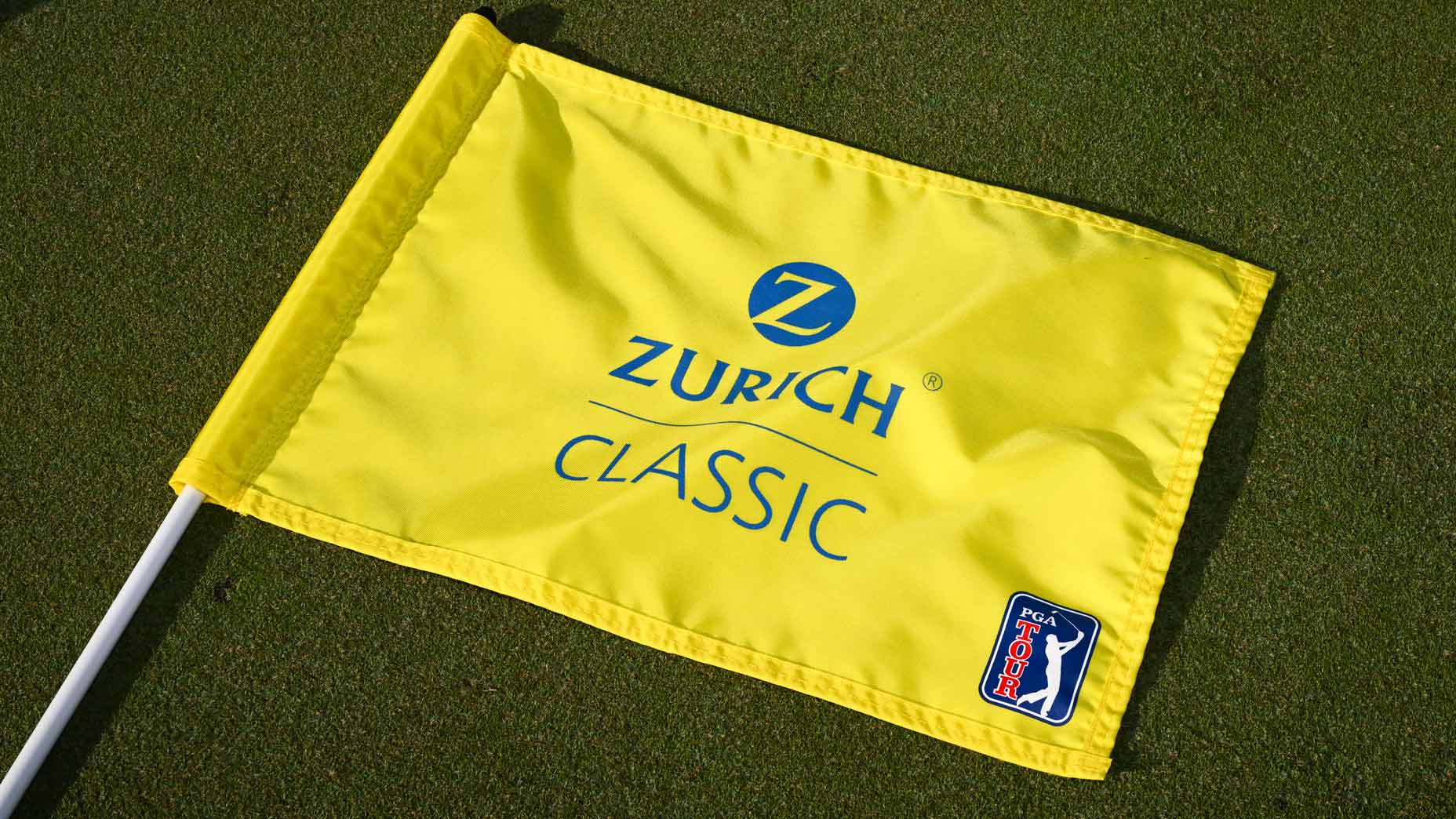 2024 Zurich Classic Thursday TV coverage: How to watch Round 1
2024 Zurich Classic Thursday TV coverage: How to watch Round 1
Pro golfers who know where to look for money games can still find them
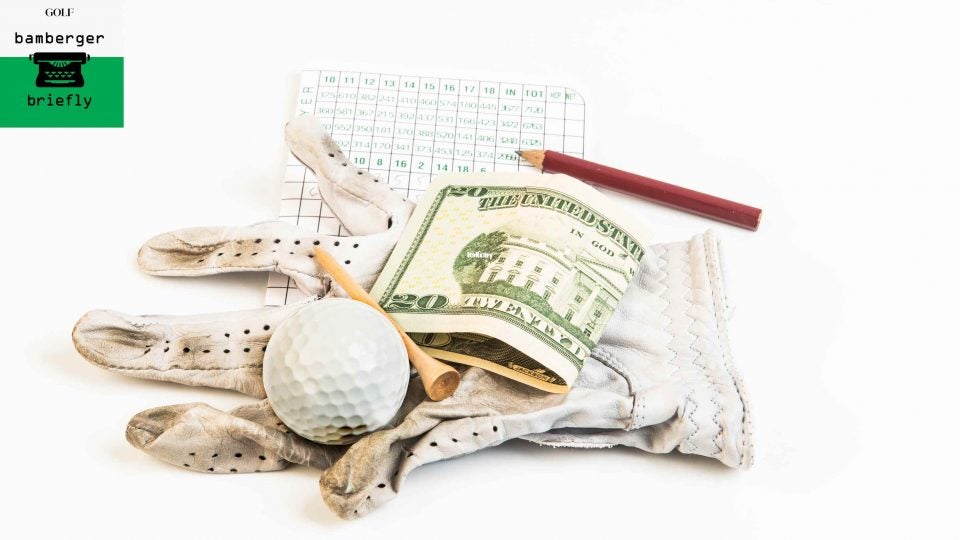
Ed. note: Every weekday between now and when the PGA Tour resumes play, Michael Bamberger will offer a report in this space by 8 a.m. — usually, but not always, playing off the news. We like to give our guy room to roam, but not here: In Bamberger, Briefly he’ll be contained to 500 words or less. He welcomes your suggestions and comments at Michael_Bamberger@golf.com.
OK, people: This is going to be different. This is going to be weird: a game story without a score, without the name of the venue, without the name of the winner.
What can be said was that the winner’s prize, in one of the events, was $3,800. What can be said is that the urge to compete at this game so many of us love is irrepressible, as all good things are.
Professional golfers are playing golf for money. Their own money. It’s happening here and it’s happening there. I’m semi-sworn to secrecy. It’s happening on courses you know from TV and courses you don’t. From everything I’ve heard, the golf is being played in a responsible way, socially and medically. Players are walking and carrying their own bags, or playing one to a cart. They’re keeping at least 6 feet from one another, even as that golf ball inches closer and closer to the hole.
They are playing into a hole. In other words, not the raised-cup thing. Each group decides how it wants to handle the flagstick. It’s helpful that golf can be played while wearing two gloves, no gloves or one glove. The single most important thing, from a health-and-safety standpoint, is to not touch your face with your hands before washing them thoroughly, and to not cough or sneeze or even breathe in another person’s direction. Sorry for being so direct. These times demand it.
ADVERTISEMENT
In one competition, about two dozen pros put up about $500 each to play a course well-known to many of us. The players, Tour winners among them, changed shoes in the parking lot, tipped the staff generously and played real golf for their own money. There was a check for about a third of the field. The vagueness here is intentional. The golfers are worried if their competition, comprising more than one round, becomes public, there will be a backlash against it, even though they are abiding by all guidelines.
That’s the point. This pandemic is serious. No one would question that. But the need to get some fresh air, to be with other people, to keep your normal life going to the degree you can while taking all the necessary precautions is critical, too.
Golf can be played responsibly in these extraordinary times. The golfer is a mature being, broadly speaking. That’s a necessary starting point. You can drink too much at dinner. It’s not a crime. But if you drive a car afterward, you’re a social menace. You’re committing a crime. You’re endangering yourself and others. You can drink responsibly or irresponsibly. You can play golf responsibly or irresponsibly.
One of the obvious points about these informal competitions is that it shows how deep that need to compete is. If you have been following Dylan Dethier’s excellent GOLF.com series, the Tiger Woods YouTube Project, one theme that comes through repeatedly is Tiger’s need to compete. Jack Nicklaus, Arnold Palmer, Lee Trevino all had the same trait. Competitive golfers are going to find an outlet by which they may play competitive golf. Of course they are. Human nature is human nature.
Michael Bamberger may be reached at Michael_Bamberger@Golf.com.
To receive GOLF’s all-new newsletters, subscribe for free here.
ADVERTISEMENT




